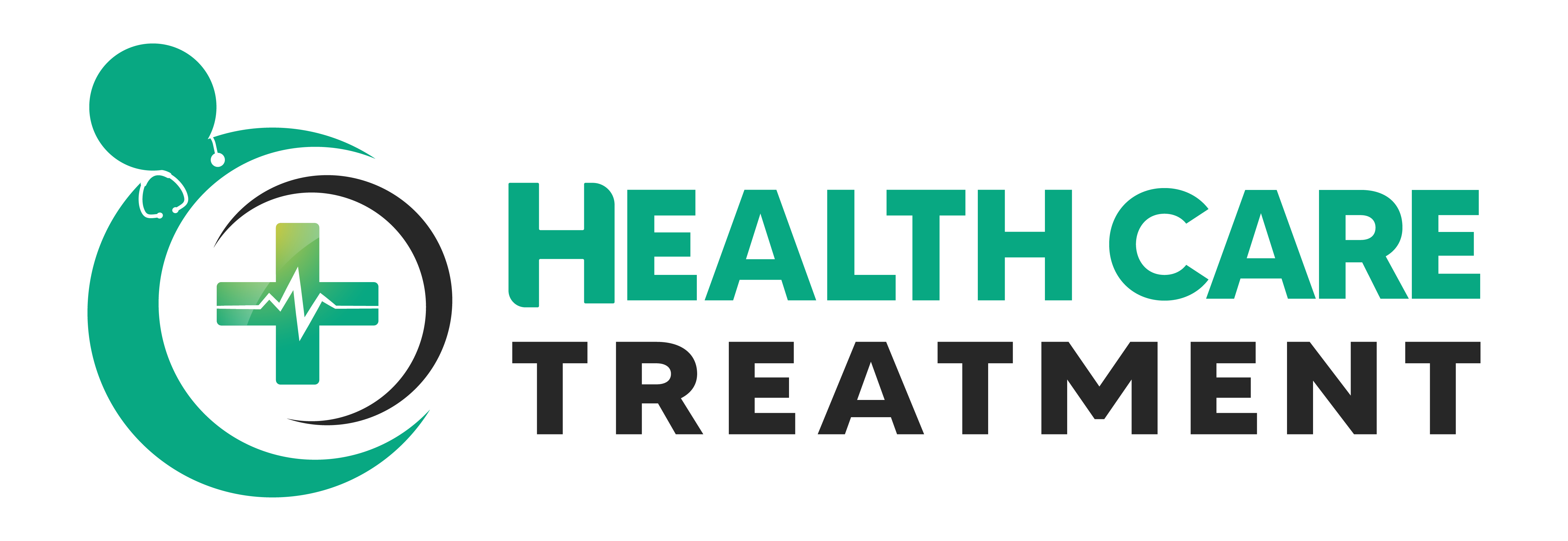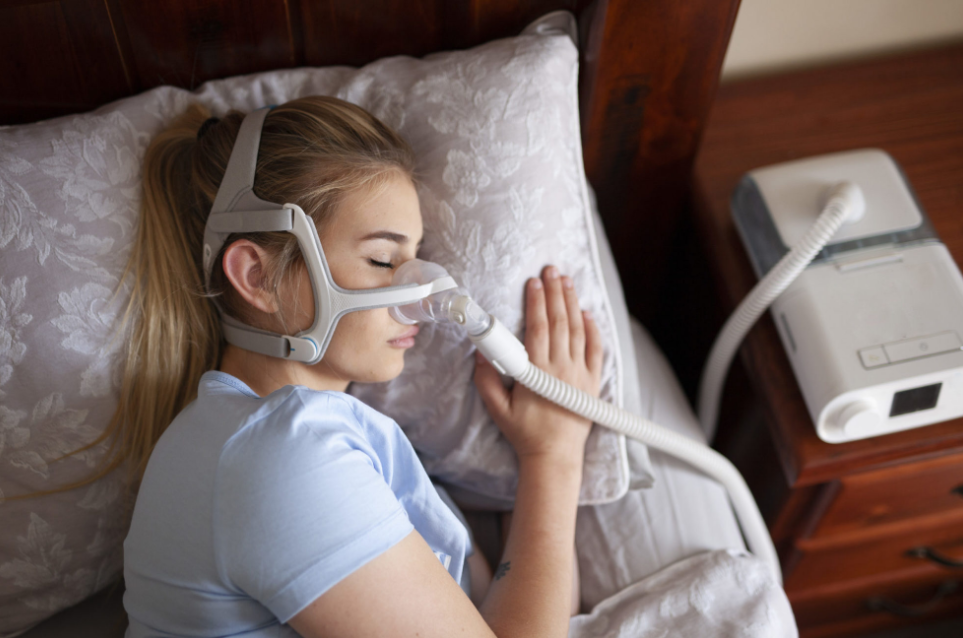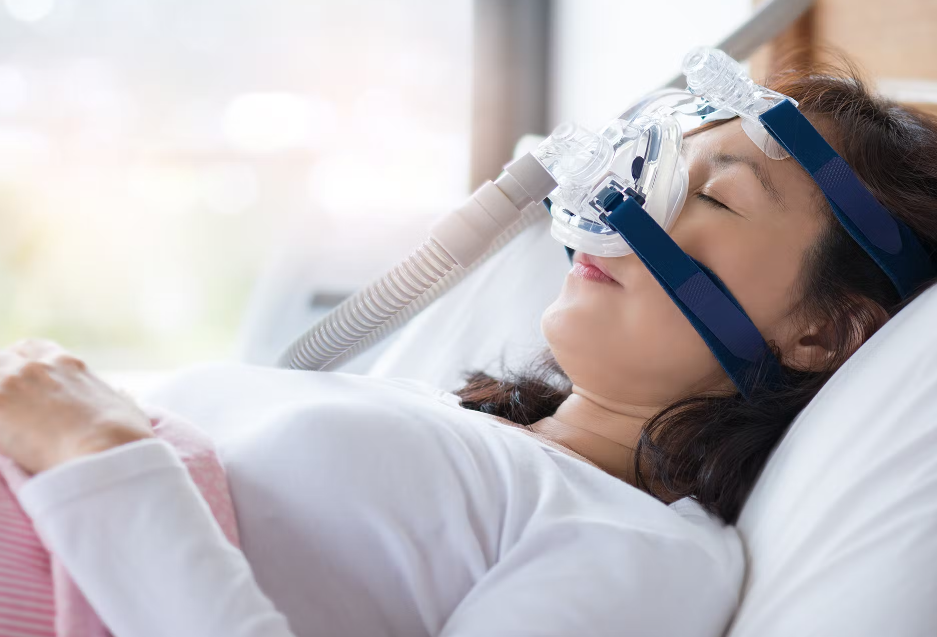If you snore loud enough to disturb the sleep of loved ones, you might be experiencing Sleep Apnea. Or perhaps your doctor has told you that you stop breathing during your nightly rest, causing other health problems. The good news is that plenty of sleep apnea treatment options are available.
Get a Sleep Apnea Test:
The first step in treating Sleep Apnea is getting tested by a physician. Different tests are used to diagnose the condition, but they all involve measuring airflow through the nose or mouth while someone sleeps. These tests can be performed at home or a sleep clinic and usually take about 30 minutes to complete.
See a Physician:
Anyone suffering from sleep apnea must see their physician to get tested and get the right treatment plan right away! Sleep apnea can lead to serious health issues, including high blood pressure, heart disease, stroke and diabetes, if left untreated.
Use Oral Appliance Therapy:
If you want an easy, effective way to improve your ability to breathe while sleeping, then consider using an oral appliance. This device works by gently holding open your airway as you sleep so that air can flow freely into and out your lungs.
Choose Continuous Positive Airway Pressure (CPAP):
Another popular Sleep Apnea treatment in NZ is Continuous Positive Airway Pressure (CPAP). This device uses a mask fitted over your nose and mouth to deliver positive pressure into the throat, which pushes down soft tissues at the back of the throat and keeps them open so air can pass through smoothly and easily.
Get an Upper Airway Stimulator:
An Upper Airway Stimulator is a device placed around the throat’s soft tissue and helps prevent the airway from collapsing. It uses mild electrical stimulation to keep the airway open when it begins to collapse during sleep.
Try Surgery:
Surgery is the best treatment option for many people with severe sleep apnea. There are several types of surgeries available, including tonsillectomy, uvulopalatopharyngoplasty (UPPP), laser-assisted valvuloplasty (LAUP), genioglossus advancement (GGA) and palatal lift procedures. All these surgeries have been proven effective at treating severe cases of sleep apnea.
Conclusion:
There are dozens of sleep apnea treatment options to choose from. From surgery to equipment and pharmaceuticals, you can find something that will restore your health and allow you to resume a healthy life. There’s no reason to put up with being tired when treatments are available, so if you think you might have Sleep Apnea, contact your doctor as soon as possible.


